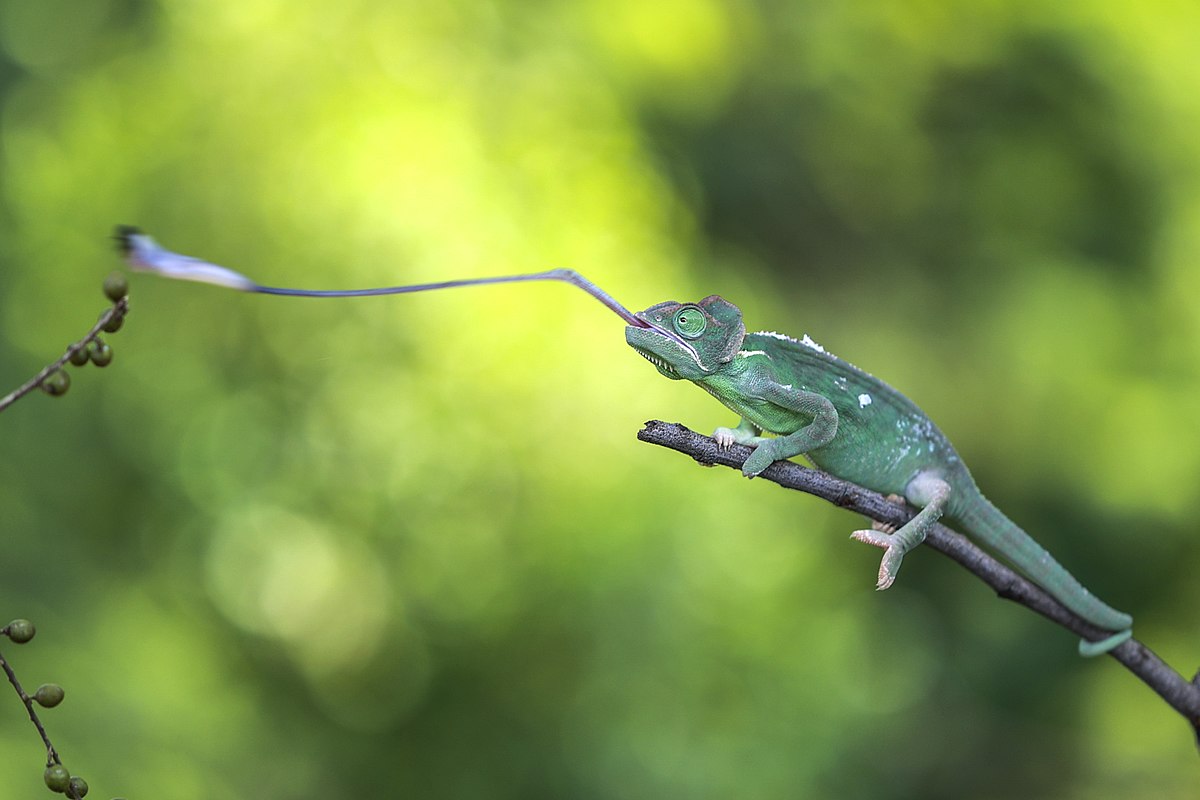Despite the pseudoscience classification, there is arguably still an inspirational place for
AAH in hydrofeminism.[1] That's where your hopes should actually reside.
Elaine Morgan first brought AAH into the realm of general feminism via
The Descent of Woman. It finding a spot on the "
but it's so do-gooder, give it break" soapbox resulted in a few high-profile virtue signalers back in the '90s (or whenever), but apparently not enough:
- Morgan's work has received warm comments from several prominent people. Philosopher Daniel Dennett wrote of the criticisms of her:
"Many of the counterarguments seem awfully thin and ad hoc. During the last few years when I have found myself in the company of distinguished biologists, evolutionary theorists, paleo-anthropologists, and other experts, I have often asked them just to tell me, please, exactly why Morgan must be wrong about the aquatic ape theory. I haven't yet had a reply worth mentioning, aside from those who admit, with a twinkle in their eyes, that they have often wondered the same thing."
And in a BBC/Discovery Channel Documentary, the South African anthropologist Phillip V. Tobias said:
"I see Elaine Morgan, through her series of superbly written books, presenting a challenge to the scientists to take an interest in this thing, to look at the evidence dispassionately. Not to avert your gaze as though it were something you that you hadn't ought to hear about or hadn't ought to see. And those that are honest with themselves are going to dispassionately examine the evidence. We've got to if we are going to be true to our calling as scientists."
Although the
feminist view of power structures is spread over multiple categories, most of those (like in Critical Theory) are
intellectually descended from the original narrators of social oppression: The frameworks of Karl Marx (class struggle), Antonio Gramsci (cultural hegemony), etc.
Since that offshoot material in humanities literature would be deemed ideological fringe stuff itself -- if plunked down in the standards of [yesterday's] science, AAH is in good company. Which is to say, as the social rehabilitation and decolonization of Western science incrementally continues in the course of administrative policy making, then -- who knows -- AAH's status might be elevated as well, just by being one of the incidental passengers on that haywagon ride to egalitarian utopia.
Anyway, as an AAH groupie, that's the activist tree which would probably be most productive (future-wise) in strapping yourself to. With heavy rope or bindings, to ensure not getting washed away (just in case the Old Guard doesn't die or give-up the ghost with a speedy whimper).
- - - footnote - - -
[1]
Hydrofeminism and art
https://metropolism.com/en/feature/...onversation_with_artist_lucy_cordes_engelman/
EXCERPTS: Approaching her research materials and media as ‘collaborators’, Lucy Cordes Engelman willingly invites uncontrollable agents into her artistic process. Guided by the work of hydrofeminists and ancient women mystics, this leads her to create playful and engaging encounters...
[...] In any case, I want to remain open to the “what-if”. It is so fascinating and juicy to contemplate possibilities [...] but can also be dangerous of course – just thinking of the many conspiracy theories as we see today. When it remains flexible, fluid and watery though, it may carry resonances of truth. Take
Elaine Morgan’s theory of the aquatic ape: Morgan speculated that we evolved from being in the water and that this is the reason why we are not so hairy. But it was utterly dismissed as pseudoscience. I don’t care though. Just playing with such thought-experiments can be very generative.’
- - - - -
Hydrofeminism is solidarity across watery bodies
https://kunstkritikk.com/hydrofeminism-is-solidarity-across-watery-bodies/]https://kunstkritikk.com/hydrofeminism-is-solidarity-across-watery-bodies/
Elena Lundquist Ortíz: Hydrofeminism is about solidarity across watery selves, across bodies of water. Today, we see acidification of the oceans, rising sea levels, dying coral reefs and polluted groundwater, to mention just a few examples. Hydrofeminism shows us that we are all involved in this through watery interactions and circulations. Water flows through bodies, species and materialities, connecting them for better or worse. Today, planetary thinking is feminist thinking.
- - - - -
Bodies of water: Posthuman Feminist Phenomenology]
https://www.interaliamag.org/interviews/astrida-neimanis/]https://www.interaliamag.org/interviews/astrida-neimanis/
Astrida Neimanis: I am feminist writer and teacher whose feminism necessarily addresses sexuality, race, class, coloniality, ability, and species privilege, as always intersecting with gender. [...] Feminism is a major and longstanding influence. I am only interested in feminisms that recognize how gender relations are tangled up in questions of settler colonialism, white supremacy, anti-poor policies and environmental degradation. None of these oppressions exists in isolation. As critical race and animal studies theorist Claire Jean Kim puts it, they will stand or fall together. My research aims to tease out the complicated and sometimes surprising ways in which these questions intersect.
[...] My book "Bodies of Water" thus asks: how might we reconsider what it means—philosophically, ethically, politically—to be a body, when that body is made mostly from waters that also make up the planet? And how might this intense interdependency ask us to reconsider what’s at stake in the various water crises that our planet currently faces? From an explicitly feminist perspective, I was also interested in the kinds of power relations that circulate in these currents. [...] How are environmental questions never separate from the intrahuman power politics of racism, misogyny, colonialism, abilism, classism?
[...] Hydrofeminism brings together a feminist sensibility with an ecological one. To begin one’s ethics and politics from the realisation that we are mostly made of water means refusing a separation between nature and culture, between an environment “out there” and a human subject “in here.” Hydrofeminism also understands the materiality of both bodily and planetary waters as sites of ethics and politics. It asks us to consider how gender and racial discrimination, for example, are both borne in our bodily waters...
[...] Hydrofeminism also means learning from water. Water is a connector, a differentiator, a facilitator, a communicator. It brings all kinds of bodies into intimate contact, despite and because of our differences. It respects membranes and containers...
_



